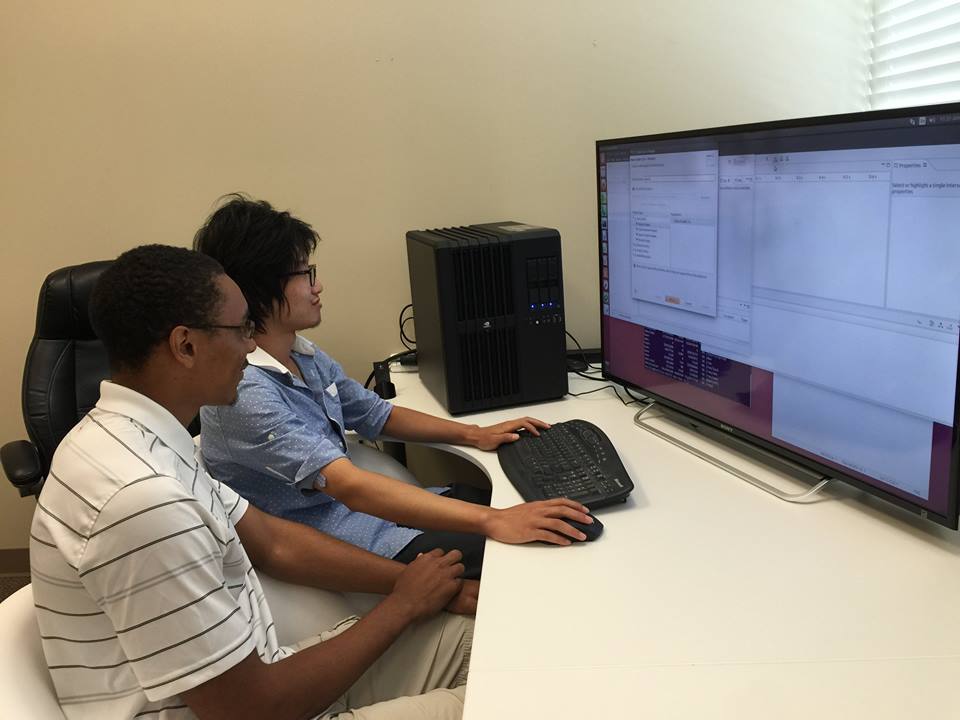Insilico Medicine is adding more advanced computing power to its efforts to bring artificial intelligence to the process of testing future medicines.
The ETC Eastern campus-based company said it inked a deal with Seoul, South Korea-based YMK Holdings that allows it to tap into quantum computing.
“Insilico Medicine made substantial advances in applying deep learning techniques to drug development and aging research, but to accelerate the process and simulate entire human bodies and populations or generate optimal molecular structures, they could really benefit from our expertise in quantum computing,” Kim Young Mo, chairman of YMK Holdings, said as the deal was announced on Nov. 15.
YMK Holdings is developing photonics technologies in a range of verticals, and the partnership with Insilico Medicine represents a move into drug discovery. Insilico Medicine is using deep learning during the process of testing a drug, effectively creating a “virtual human” to simulate how the body responds to certain drugs. CEO Alex Zhavoronkov has said it can be used in the testing phase that is normally performed on animals.
It’s just the latest in a series of advances at Insilico Medicine, which published a series of papers this year.
“We pursue a ‘salami technique,’ where the big salami is long and healthy human life, but the small slices are the methods, therapies, and research tools,” said COO Qingsong Zhu.
The latest publication to feature Insilico’s work was the journal Nature Communications. The article published on Nov. 16 reported results of the company’s work with a large consortium scientists using its tool iPanda, which can be used to develop biomarkers — or indicators of disease — using gene expression data. It can be used in personalized medicine.
The collaborators included scientists from Johns Hopkins University, Albert Einstein College of Medicine, Boston University, Novartis, Nestle and BioTime.
Insilico Medicine’s work on a ‘virtual human’ now has quantum computing behind it







